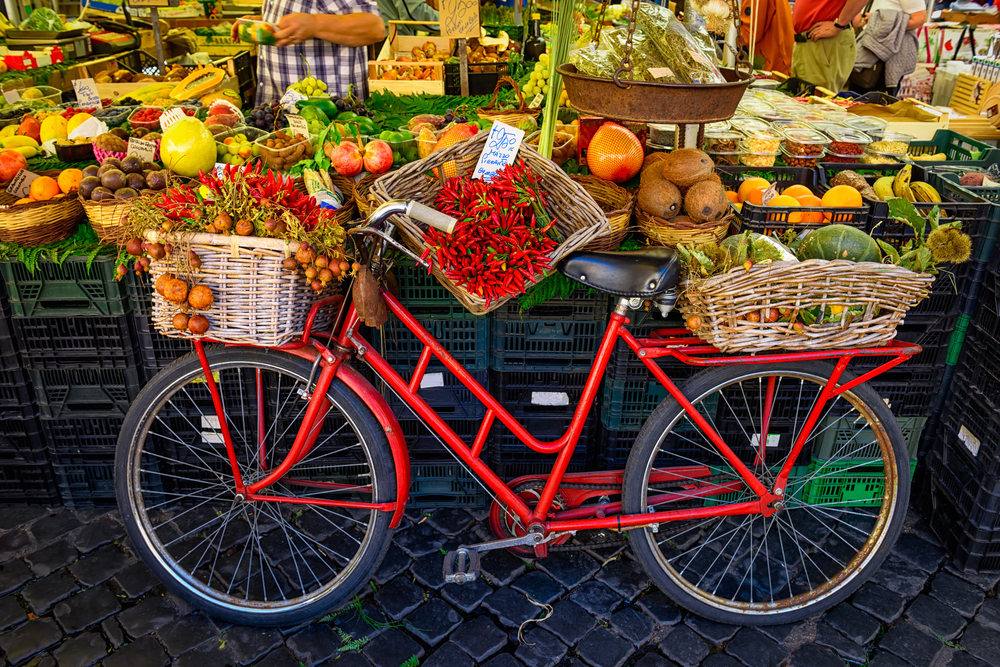How sustainable is Italian food?
Sustainability is an increasingly important factor for food consumers. Alongside a greater focus on health and production ethics, consumers want to know the impact of their food choices on the environment. As a trend (at least in Europe), this has entailed a gradual shift towards organic foods with shorter supply chains.
So, how does Italian food stack up in the face of these changing consumer attitudes? Well, it’s difficult to generalise across food categories, but Italian food taken as a whole is surprisingly sustainable. Read on to find out why.
The status of Organic
Italy has long been known as a leader in organic agriculture. According to the EU’s latest statistics, 15.2% of all agricultural land in the country is dedicated to organic produce. This puts it as the 4th most ‘organic-producing’ country on the continent, behind only Austria, Estonia, and Sweden. In terms of actual produce, Italy’s most important permanent organic crops are olives, grapes, and nuts.
Sustainable packaging
Believe it or not, Italy has been ahead of the curve in terms of sustainable packaging options. Consumers within Italy have been used to more ecological food packaging options for some time; the Italian government banned the use of lightweight plastic bags in supermarkets 5 years ago, preceding European law. The government’s handling of the new law was admittedly ham-handed, but the positive intention was nevertheless there. In terms of product packaging, furthermore, there’s certainly an attitude of innovation in Italy. Just this year, Barilla removed the plastic viewing windows from its main pasta product, replacing them with fully recyclable cardboard boxes. And the year before, Italian packaging specialists Mondi and Fiorini International launched a 100% paper bag with a transparent window.
‘Green’ production methods
As we’ve mentioned before, the ‘Made in Italy’ brand is distinguished by a dedication to high quality. When it comes to food products, this means technologically-advanced production methods which are increasingly sustainable. Whilst the trend towards eco-friendly production can be seen across multiple product categories, it’s particularly evident in Italy’s olive oil market. In the recent World Olive Oil Championships, for instance, a Venetian producer was awarded a silver price for an oil that relied on organic pesticides and heat produced by using olive pits as fuel.
As sustainability becomes a more important issue for consumers, Italian food (of every category) will be well placed to cater to changing concerns. With a strong emphasis on organic and the latest eco-innovations in packaging and production, it’s likely to line the cupboards of green consumers for the foreseeable future.
Looking for a sustainable Italian Food option? Get in contact with the Italian Food Experts. We work with an extensive network of producers across Italy, and can link you up with your ideal product – all for free and with no commitment.

